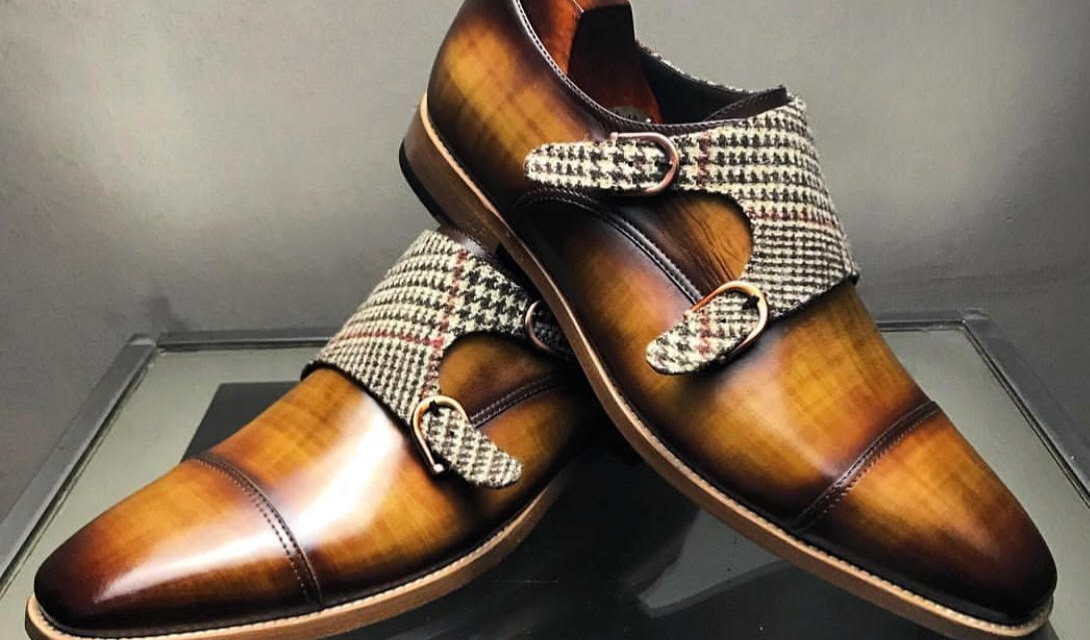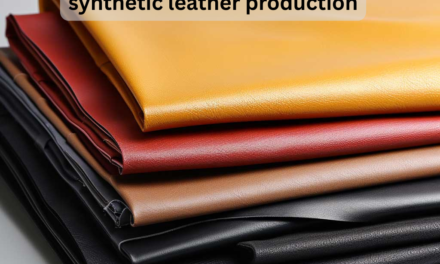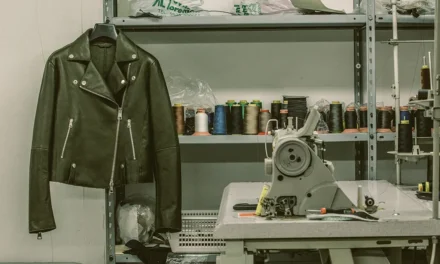The key differences between mass-produced and custom-made leather shoes lie in their design, manufacturing process, quality, and customer experience. Here’s a detailed comparison:
1. Design and Customization
Mass-Produced Leather Shoes
- Design: Predefined styles and sizes are created to cater to a broad audience.
- Customization: Limited or no customization options.
- Fit: Standard sizing (e.g., small, medium, large) that may not fit all foot shapes perfectly.
Custom-Made Leather Shoes
- Design: Tailored to the customer’s preferences, from style to details like stitching, color, and patterns.
- Customization: Extensive, including bespoke lasts, personalized monograms, and unique finishes.
- Fit: Made-to-measure for a precise fit, accommodating unique foot shapes, sizes, and specific needs (e.g., orthopedic adjustments).
2. Materials
Mass-Produced Leather Shoes
- Leather Quality: Typically lower to mid-grade leather (e.g., corrected grain or split leather) to balance cost and durability.
- Soles: Often use cost-effective materials like synthetic soles or basic rubber.
Custom-Made Leather Shoes
- Leather Quality: Premium full-grain or top-grain leather, sometimes including exotic leathers (e.g., crocodile, ostrich).
- Soles: High-quality leather soles, Goodyear-welted or stitched for longevity, with options for bespoke materials like Vibram rubber.
3. Manufacturing Process
Mass-Produced Leather Shoes
- Production Method: Automated and assembly-line manufacturing.
- Speed: High-volume production ensures quick turnaround times.
- Labor: Minimal artisanal input; workers perform repetitive tasks.
- Consistency: Uniformity across all pairs but less attention to detail.
Custom-Made Leather Shoes
- Production Method: Handmade by skilled artisans with significant attention to detail.
- Speed: Time-intensive; production can take weeks or months.
- Labor: Artisanal craftsmanship ensures every pair is unique.
- Consistency: Highly personalized, but variations are possible due to the handcrafted nature.
4. Comfort and Fit
Mass-Produced Leather Shoes
- Comfort: May lack a perfect fit, leading to potential discomfort over extended use.
- Support: Standardized arch support and cushioning may not cater to individual needs.
Custom-Made Leather Shoes
- Comfort: Perfectly fitted to the foot, providing superior comfort and reducing pressure points.
- Support: Customized insoles and features ensure optimal support, especially for specific foot conditions.
5. Durability
Mass-Produced Leather Shoes
- Lifespan: Generally shorter due to lower-quality materials and manufacturing techniques.
- Repairability: Limited; soles and components are often glued rather than stitched.
Custom-Made Leather Shoes
- Lifespan: Longer, often lasting decades with proper care.
- Repairability: Designed for easy repairs, with features like Goodyear welting allowing for resoling and restoration.
6. Cost
Mass-Produced Leather Shoes
- Price: Affordable due to economies of scale and lower material costs.
- Value: Offers good value for casual or everyday use but lacks longevity and uniqueness.
Custom-Made Leather Shoes
- Price: Expensive, reflecting high-quality materials, craftsmanship, and personalization.
- Value: Superior long-term value due to durability, comfort, and bespoke design.
7. Aesthetics and Style
Mass-Produced Leather Shoes
- Aesthetics: Standardized designs aimed at mass appeal.
- Style Options: Limited to seasonal collections or trends.
Custom-Made Leather Shoes
- Aesthetics: Unique, often featuring intricate details like hand-stitching, patinas, or custom broguing.
- Style Options: Unlimited, tailored to the client’s preferences and needs.
8. Environmental Impact
Mass-Produced Leather Shoes
- Sustainability: Often less eco-friendly due to mass production, synthetic components, and waste.
- Carbon Footprint: Higher due to large-scale operations and global shipping.
Custom-Made Leather Shoes
- Sustainability: More sustainable; uses high-quality, durable materials that reduce waste.
- Carbon Footprint: Lower for locally made shoes, though exotic materials may increase impact.
9. Customer Experience
Mass-Produced Leather Shoes
- Shopping: Readily available in retail stores or online.
- Engagement: Minimal interaction with the manufacturer or seller.
Custom-Made Leather Shoes
- Shopping: Involves consultations, fittings, and a collaborative design process.
- Engagement: High level of interaction with artisans, creating a personalized experience.
Conclusion
- Mass-Produced Shoes: Ideal for affordability, accessibility, and standard needs. Suitable for casual or less frequent use.
- Custom-Made Shoes: Perfect for those seeking premium quality, personalized fit, and exclusivity. They are an investment in comfort, style, and longevity.
Hashtags
#MassVsCustomShoes #CustomLeatherFootwear #MassProducedShoes #BespokeLeatherShoes #FootwearCraftsmanship #CustomVsMassProduction #LeatherShoeQuality #LuxuryFootwearDesign #TailoredFootwear #ShoeManufacturingInsights







